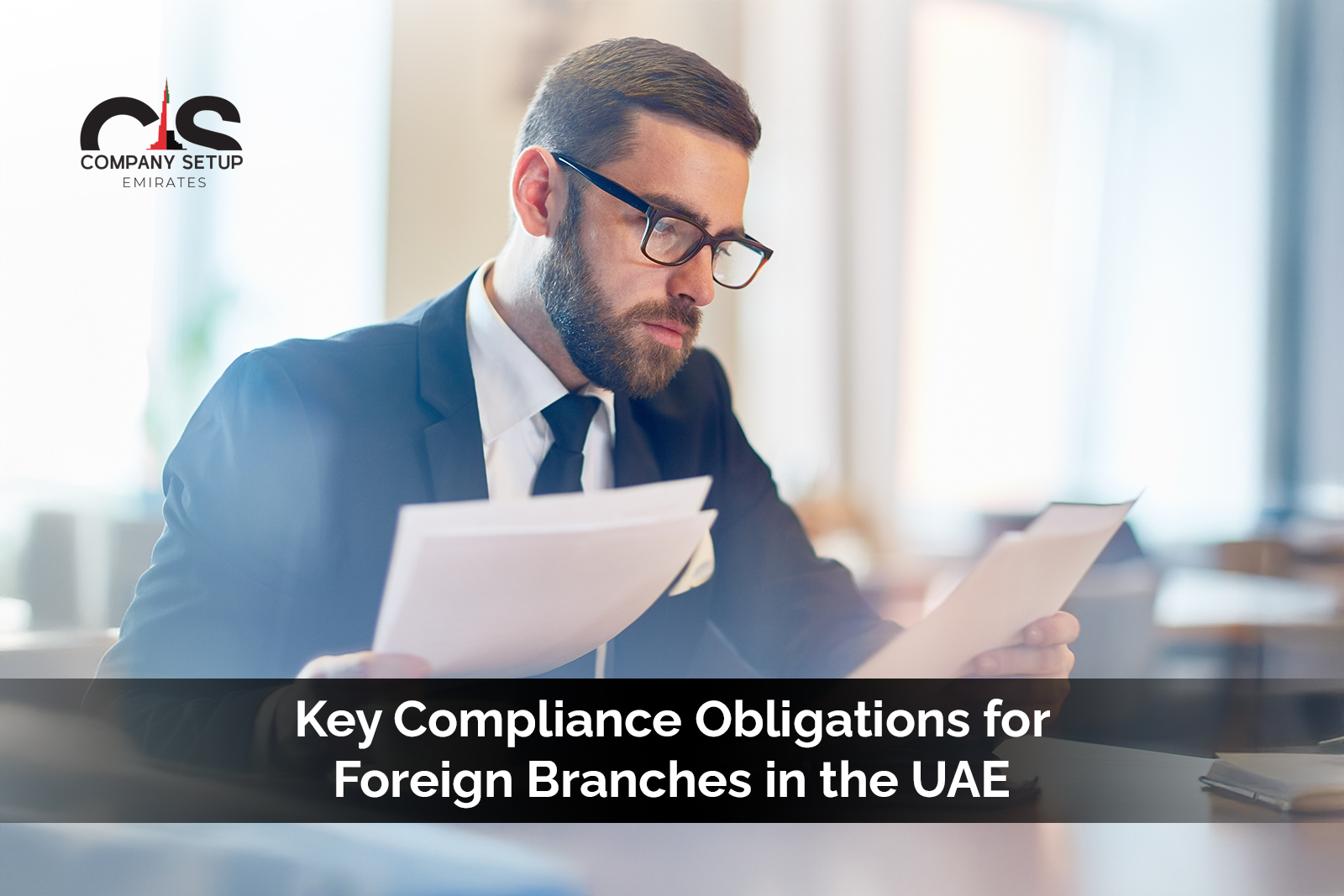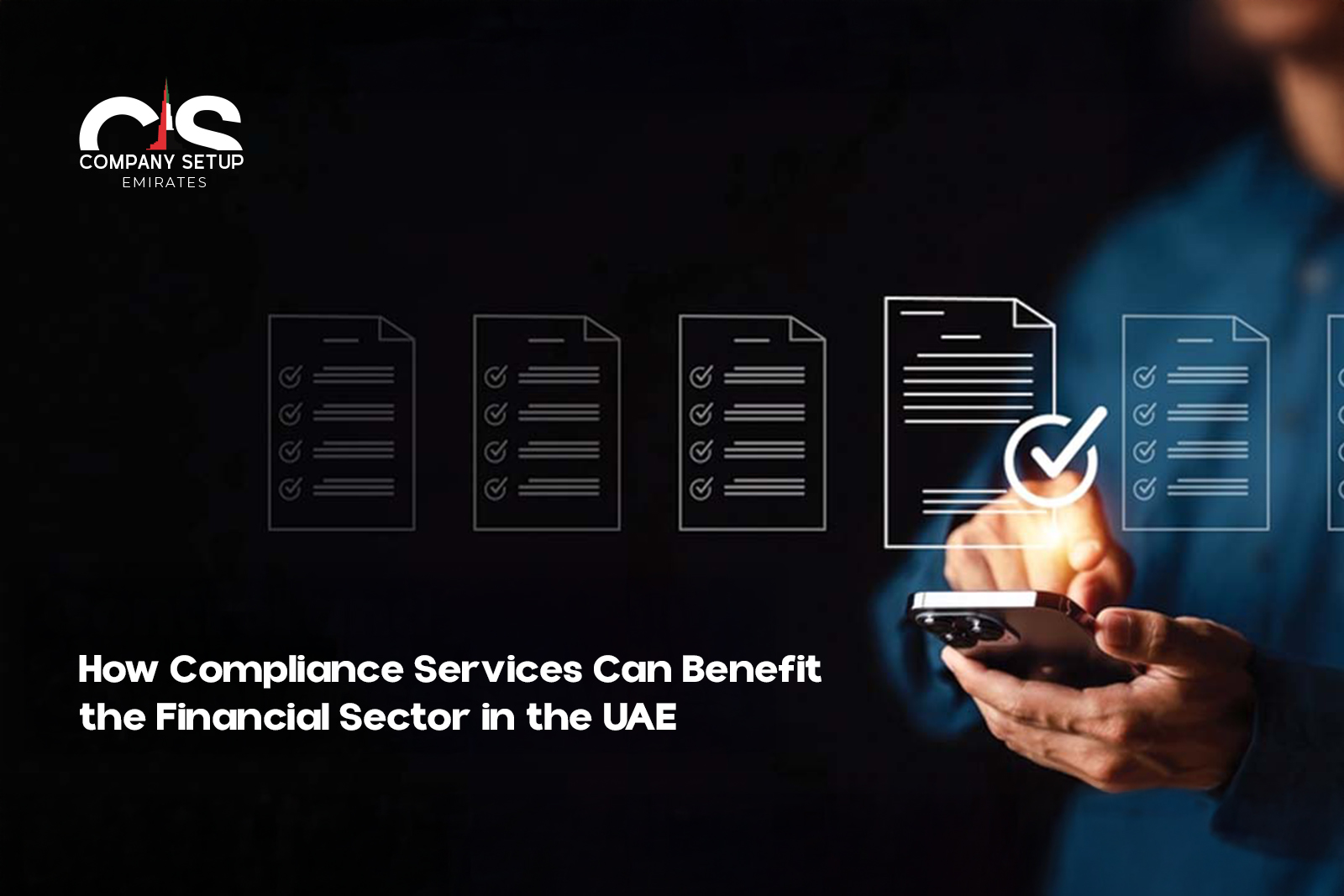The UAE has quickly become one of the world’s most dynamic technology hubs, attracting startups, fintechs, and global enterprises. With this growth comes a sharp focus on personal data protection. From banking apps to e-commerce platforms, almost every tech company handles sensitive user data, and with that comes the responsibility of data protection compliance in the UAE.
But compliance is not just about following rules. It’s about building trust with users, protecting your brand, and ensuring your business can grow in a safe and sustainable way.
This comprehensive guide will help you understand the laws, principles, and practical steps your tech company must take to stay compliant with the PDPL compliance in the UAE, the DIFC Data Protection Law of 2020, and the ADGM Data Protection Regulations of 2021.
Why Data Protection Compliance Matters for Tech Companies
Tech companies are at the heart of the data economy. From collecting customer details to processing payments and offering cloud-based services, data is your most valuable asset. Yet, it’s also your biggest risk. A breach or misuse of personal data can lead to severe penalties, lawsuits, and loss of customer trust.
Here’s why compliance should be your priority:
- Legal Obligations: The UAE has introduced strict data protection frameworks like the PDPL, DIFC, and ADGM regulations. Ignoring them is not an option.
- Cross-Border Risks: Tech companies often process data internationally, making cross-border data transfers in the UAE a key compliance challenge.
- Reputation and Trust: Customers expect transparency and accountability. A business that respects privacy will always have the competitive edge.
The UAE’s Data Protection Framework Explained
The UAE does not follow a one-size-fits-all law. Instead, it has a multi-layered framework depending on where your business operates.
1. The UAE Federal Personal Data Protection Law (PDPL)
The PDPL is the first nationwide law covering data protection across the Emirates, excluding free zones like DIFC and ADGM. It focuses on:
- Lawful processing of data with consent or legal grounds.
- Data subject rights under UAE law, such as access, rectification, deletion, and portability.
- Breach notification requirements under the UAE PDPL which require companies to inform regulators and, in some cases, individuals about data breaches.
- Appointment of a Data Protection Officer (DPO) in the UAE, in certain cases.
2. DIFC Data Protection Law of 2020
If your tech company operates in the Dubai International Financial Centre, this law applies. It is closely aligned with the EU’s GDPR, making it one of the most advanced frameworks in the region.
Key requirements include:
- Clear privacy notices.
- Data transfer restrictions.
- Data Protection Impact Assessments (DPIAs) for high-risk processing.
3. ADGM Data Protection Regulations of 2021
For businesses based in Abu Dhabi Global Market, these regulations apply. Like DIFC, they are GDPR-inspired and emphasise:
- Transparent processing.
- Data retention requirements in the UAE ensure that companies do not hold personal data longer than necessary.
- Strong enforcement and penalties for breaches.
The Core Principles of UAE Data Protection Laws
While the PDPL, DIFC, and ADGM each have their own nuances, the core principles overlap:
- Lawfulness, Fairness, and Transparency: Companies must explain why data is collected and how it is used.
- Purpose Limitation: Use data only for the purpose for which it was collected.
- Data Minimisation: Collect only the data you need.
- Accuracy: Keep records up-to-date.
- Storage Limitation: Follow data retention requirements in the UAE and delete or anonymise data when no longer required.
- Integrity and Confidentiality: Protect data against unauthorised access or misuse.
- Accountability: Be able to demonstrate compliance with regulators when required.
Appointing a Data Protection Officer (DPO) in the UAE
One of the most important compliance steps is appointing a Data Protection Officer (DPO) in the UAE.
When is a DPO Required?
- If your company processes sensitive personal data.
- If your business handles large-scale data operations.
- If you regularly monitor data subjects (such as through apps or analytics).
The Role of the DPO
- Monitoring compliance with PDPL compliance, as well as DIFC or ADGM rules.
- Advising management on risks and obligations.
- Training employees.
- Acting as a point of contact with regulators.
Even if your company is not legally required to appoint a DPO, having one shows customers and partners that you take privacy seriously.
Cross-Border Data Transfers in the UAE
Tech companies often process and store data internationally. For example, a cloud service might store data on servers in Europe or the US. The laws require that cross-border data transfers in the UAE meet strict conditions:
- Data may only be transferred to countries with adequate protection laws.
- If not, companies must use safeguards such as binding corporate rules, contractual clauses, or explicit consent from the data subject.
- Regulators may require evidence of these safeguards during audits.
Failing to comply can put you in breach of the PDPL or free zone regulations, leading to penalties.
Data Subject Rights Under UAE Law
Respecting data subject rights under UAE law is one of the most visible aspects of compliance. Individuals must be able to:
- Access their personal data.
- Request corrections or updates.
- Ask for the deletion of their data.
- Withdraw consent at any time.
- Request data portability (moving their data to another provider).
Tech companies must have systems in place to respond to such requests quickly and securely.
Breach Notification Requirements Under the UAE PDPL
No matter how strong your security, breaches can happen. Under the breach notification requirements under the UAE PDPL, companies must:
- Inform the regulator immediately if a breach poses risks to data subjects.
- Notify affected individuals if there is a risk of serious harm (such as identity theft).
- Document all breaches, even minor ones, for accountability.
Failing to notify can result in regulatory penalties and damage to your brand reputation.
Privacy by Design Principles in the UAE
For tech companies, privacy cannot be an afterthought. Privacy by design principles in the UAE require companies to embed data protection into their systems and processes from day one.
This means:
- Building apps and platforms with security features integrated.
- Minimising the amount of personal data collected.
- Offering privacy-friendly default settings.
- Conducting Data Protection Impact Assessments (DPIAs) when launching new projects.
By making privacy part of the design process, tech companies can reduce risks and improve user trust.
Data Retention Requirements in the UAE
Every law in the UAE stresses the importance of not holding personal data longer than necessary. Data retention requirements in the UAE mean that:
- Personal data must be deleted or anonymised when no longer needed.
- Companies must create clear retention policies.
- Regulators may require proof of deletion policies during audits.
For tech companies, this means creating automated systems that delete old data and avoid unnecessary storage.
Practical Steps for Tech Companies to Stay Compliant
Here is a step-by-step roadmap to help you ensure compliance:
- Map Your Data Flows: Identify what data you collect, where it is stored, and who has access.
- Review Your Legal Framework: Determine whether you fall under PDPL, DIFC, or ADGM rules.
- Update Your Privacy Policies: Ensure transparency with users about data use.
- Appoint a DPO: Assign a responsible officer for compliance.
- Train Your Staff: Make sure employees understand their responsibilities.
- Secure Cross-Border Transfers: Put contractual safeguards in place.
- Establish Breach Response Protocols: Have a plan ready for potential incidents.
- Respect Subject Rights: Create systems for responding to access or deletion requests.
- Limit Data Retention: Regularly delete unnecessary data.
- Adopt Privacy by Design: Embed compliance into product development.
The Risks of Non-Compliance
Failure to comply with UAE laws carries serious risks:
- Heavy financial penalties.
- Suspension or revocation of licenses.
- Legal liability.
- Reputational damage and loss of customer trust.
For tech companies, these risks can be fatal to growth and sustainability.
The Future of Data Protection in the UAE
The UAE is aligning more closely with international standards like GDPR. With ongoing PDPL compliance in the UAE and the adoption of advanced free zone laws, the country is signalling its commitment to creating a safe, trusted digital economy. Tech companies should expect more audits, stricter enforcement, and evolving obligations in the coming years.
Conclusion
Ensuring data protection compliance in the UAE is not just a legal requirement; it is a strategic advantage for tech companies. By respecting data subject rights under UAE law, adhering to data retention requirements in the UAE, and embedding privacy by design principles in the UAE, businesses can build trust and grow responsibly.
Whether your company falls under the PDPL compliance in the UAE, the DIFC Data Protection Law of 2020, or the ADGM Data Protection Regulations of 2021, the path to compliance is clear: accountability, transparency, and responsibility.
For tech companies, this is not a burden but an opportunity to show customers, partners, and regulators that you value privacy as much as innovation.
At CompanySetupEmirates.com, we don’t just help you set up your business; we guide you in staying compliant long-term. With us by your side, you can focus on innovation, knowing your data practices are secure, lawful, and trusted.








